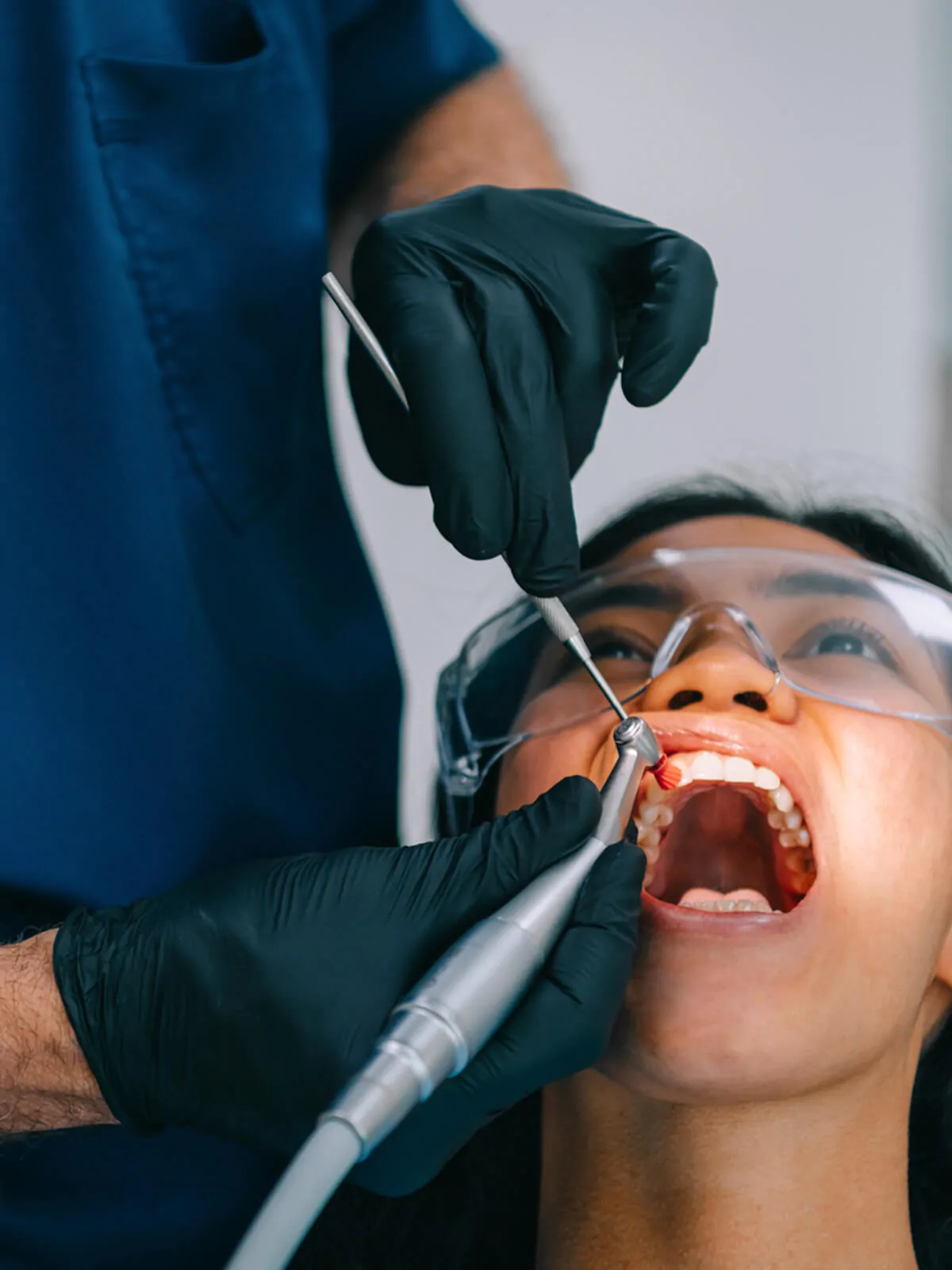Discover Frequent Dental Problems Your Dental Professional Can Deal With
Understanding constant dental problems is vital for keeping optimum oral wellness. Concerns such as tooth cavities, gum tissue illness, tooth level of sensitivity, poor breath, and tooth decay are common yet typically forgotten until they become extreme. Routine dental sees and individualized care plans can deal with these troubles efficiently, ensuring a much healthier and brighter smile.
Dental Caries
Dental caries, additionally understood as dental cavities, are a common oral wellness concern created by the demineralization of tooth enamel due to acid production from microbial plaque. This process starts when bacteria in the mouth metabolize sugars and starches from food, creating acids that deteriorate the enamel. Otherwise dealt with quickly, this erosion can pass through deeper right into the tooth, impacting the dentin and eventually the pulp, potentially resulting in extreme discomfort and infection.
The beginning of tooth cavity formation commonly existing as white spots on the tooth surface area, showing preliminary demineralization. As the process progresses, these areas can develop into black or brown sores, signifying much more comprehensive degeneration. Regular dental exams are important for very early detection, as tooth cavities in their incipient stages can be treated with remineralization strategies, such as fluoride therapies.
When a tooth cavity has developed, corrective treatment is necessary. Dental professionals generally get rid of the decayed part of the tooth and fill the dental caries with materials such as composite resin, amalgam, or ceramic. In much more extreme situations, a crown or origin canal therapy may be needed. Safety nets, including great oral hygiene techniques and dietary alterations, play an essential function in mitigating the risk of cavities.
Gum Tissue Disease
While dental caries represent a considerable issue for oral health, an additional critical issue that demands interest is periodontal disease. Understood as gum illness, gum tissue condition is an inflammatory problem impacting the cells surrounding and sustaining the teeth. It is mostly brought on by the accumulation of plaque-- a sticky film of bacteria that develops on teeth.
Gum illness progresses through stages, beginning with gingivitis, identified by soreness, swelling, and bleeding periodontals (dentist in eugene oregon). If left neglected, gingivitis can escalate to periodontitis, where the internal layer of the gum tissue and bone draw away from the teeth, creating pockets that end up being contaminated. With time, the toxic substances produced by the germs break down the bone and connective tissue that hold teeth in area, potentially bring about tooth loss
Early detection and therapy are vital. Expert dental cleanings and improved dental health practices, such as cleaning twice day-to-day and flossing, can manage gingivitis. For advanced stages, therapies might include scaling and origin planing, antibiotics, and even surgical interventions.
Normal dental examinations play a crucial role in protecting against and handling periodontal condition. Dental practitioners can determine early indications and suggest appropriate interventions, making sure the maintenance of healthy periodontals and overall dental health and wellness.
Tooth Level Of Sensitivity
Tooth level of sensitivity impacts numerous individuals worldwide, providing an usual yet usually upsetting dental issue. This problem emerges when the enamel, the outermost protective layer of the teeth, is endangered, disclosing the underlying dentin. The dentin consists of microscopic tubules that lead directly to the dental pulp, where nerves reside. When exposed to stimuli such as hot, cold, sweet, or acidic substances, these nerves are set off, triggering sharp discomfort or discomfort.
A number of variables add to enamel disintegration and subsequent tooth sensitivity, consisting of aggressive brushing, acidic foods and drinks, gum tissue economic downturn, and bruxism (teeth grinding) In addition, oral treatments such as teeth lightening can briefly enhance sensitivity.
Foul Breath
Another prevalent oral concern that impacts people' daily lives is negative breath, clinically called halitosis. Halitosis commonly stems from poor oral hygiene, which Source enables food bits to remain in the mouth, cultivating microbial growth.

Dentists play an essential role in identifying and dealing with halitosis. They can identify the origin reason through a thorough evaluation and provide tailored recommendations and therapy strategies. Recommendations might entail enhancing oral health techniques, such as regular cleaning and flossing, making use of anti-bacterial mouth washes, staying hydrated, and resolving any dental concerns. In some situations, a recommendation to a specialist may be needed to tackle underlying health issue contributing to foul-smelling breath. Effective management of bad breath not only improves dental health yet additionally substantially improves high quality of life.
Tooth Decay

Avoiding dental caries entails a mix of great dental hygiene practices and normal oral exams. Cleaning teeth at the very least twice daily with fluoride toothpaste, flossing to remove plaque between teeth, and restricting the intake of sugary foods and beverages are necessary safety nets. Fluoride treatments, dental sealers, and specialist cleanings given by a dental practitioner can additionally play a considerable duty in fortifying enamel and stopping degeneration.
Dentists can remove decayed cells and restore the tooth with fillings made from products such as composite material, amalgam, or porcelain. By dealing with tooth decay promptly, dentists help preserve oral framework and function, ensuring long-lasting dental wellness.
Final Thought
Addressing usual dental problems such as cavities, gum illness, tooth level of sensitivity, halitosis, and dental caries is vital for keeping optimum oral health and total wellness. Dentists possess the experience to diagnose and deal with these concerns successfully, making sure tailored care for each individual. Regular preventive actions and oral check-ups are essential in identifying and taking care of these problems early, promoting a healthier and more positive smile over a life time.

Tooth decay, also understood as oral cavities, occurs when the enamel, the outermost layer of the tooth, is deteriorated by acids created by bacteria in the mouth. Brushing teeth at least twice daily with fluoride tooth paste, flossing to remove plaque in between teeth, and restricting the intake of sugary foods and beverages are crucial preventative actions.Dealing with usual dental concerns such as cavities, periodontal illness, tooth level of sensitivity, bad breath, and tooth degeneration is crucial for maintaining ideal dental health and wellness and general wellness.